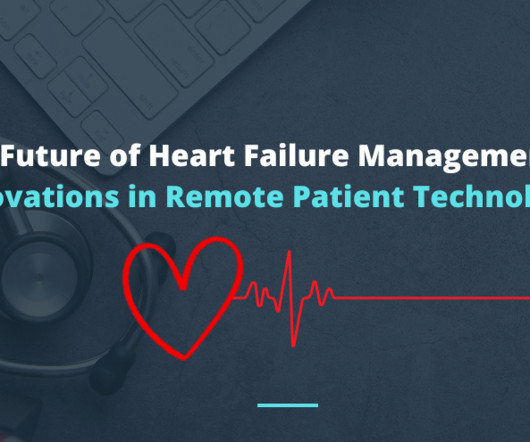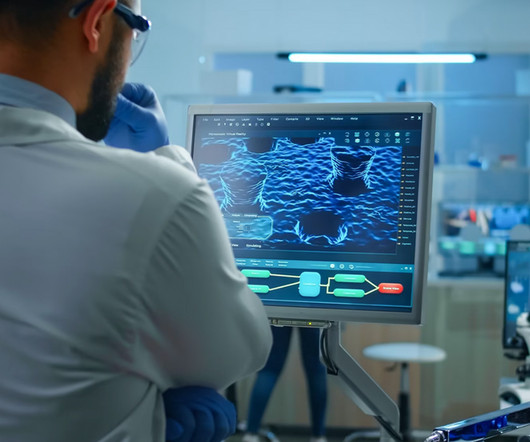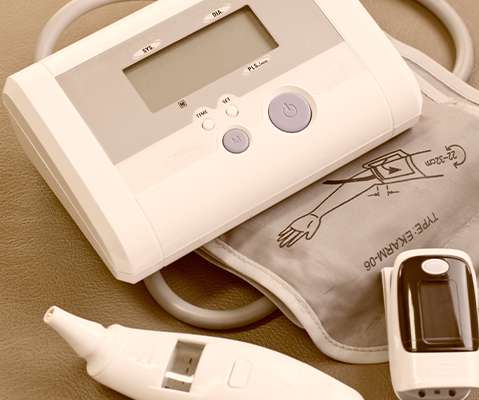The Future of Heart Failure Management: Innovations in Remote Patient Technology
DrKumo Remote Patient Monitoring
MAY 14, 2024
Remote Patient Monitoring ( RPM ) represents a significant advancement in healthcare delivery, leveraging technology to bridge the gap between traditional in-clinic visits. This innovative approach utilizes various digital tools to gather a comprehensive picture of patient health data outside the clinical setting.















Let's personalize your content